Citation
Perito, Robert; Parvez, Tariq. A Counterterrorism Role for Pakistan's Police Stations
. Washington D.C. US Institute of Peace, 2014. https://www.jstor.org/stable/resrep12215
Findings
The authors present qualitative evidence in favor of the hypothesis that improvement of the capacity of local police stations, including the assignment of better educated and more capable personnel, will positively impact police culture, build up government legitimacy and public support, and, in turn, help curb terrorism and violence. The authors discuss the history and the challenges of counterterrorism measures in Pakistan. The authors argue that terrorism, secessionist insurgency, sectarian conflict, and ethnic turf wars have convulsed both Pakistan's major cities and tribal areas along the Afghanistan border. The escalation in mega-urban centers in particular has increased the importance of the police in controlling the endemic violence. The police station retains both its historic role as the symbol of government authority and its position as the basic law enforcement institution responsible for public order, law enforcement, and police services. Yet police stations and personnel are ill prepared and poorly equipped to meet the challenges of the country's complex, urbanized, and increasingly violent society. The authors assert that in order to effectively curb violence, the police in Pakistan must undergo major reform. An effective program for police station reform would begin with assigning primacy to the police for controlling terrorism. It would include developing new organizational structures, positions, and standard operating procedures to ensure that local police understand their enhanced role and mission. It would also include improving police-public relations and networking police stations into a national information-sharing network with antiterrorist agencies. Creating high-profile specialized units appears to offer a quick fix to a complex and increasingly pervasive problem. The real solution, however, lies in empowering Pakistan's police stations to protect their communities from criminal and extremist violence through modernization and reform. At the station level, this reform process would begin with security assessments, hardened structures, and reconfigured public access to make police facilities of all types less vulnerable to terrorist attacks. This would be accompanied by providing adequate numbers of personal radios, sets of body armor, armored vehicles, and weapons to protect police officers and convince them that the reform was not another attempt to shift responsibility for dealing with the current crisis. Initial success for the reform effort would depend in part on overcoming the understandable reaction of police officers that they have heard this all before. New Standard Operating Procedures (SOPs) would have to be introduced through an information campaign that ensured that all police officers were familiar with the new procedures. Police personnel would also have to be trained, preferably through role play scenarios, on how to react according to the procedures in crisis situations. Improving the police station's effectiveness in countering terrorism depends on improving police-community relations at the local level. New SOPs and training programs must replace the current authoritarian ethos of policing in Pakistan with an approach that engages the police and the community in a common effort to control terrorist and criminal violence.
Tags
Lever of Power: Military Lever of Power: Intelligence Lever of Power: Law Enforcement Method: Qualitative Geoscope: Single country UN Region: Southern Asia DOD Region: CENTCOM Country: Pakistan Type: Report Year: 2014
Research Background
- Research questions
- How will the improved capacity of the police help counter the rapid increase in terrorist violence in Pakistan? (inferred)
- Hypotheses
- Improving the capacity of local police stations, including the assignment of better educated and more capable personnel, will positively impact police culture, build up government legitimacy and public support, and thus help fight terrorism and violence. (inferred)
Variables or Concepts
- Independent variables & concepts
- Improvement of the capacity of local police stations (inferred)
- Dependent variables & concepts
- Level of violence (inferred)
Methodologies
- Qualitative method description
- Qualitative analysis of a case study based on a series of roundtable discussions held in January 2014 in Islamabad and Lahore with Pakistani police officers from all parts of the country, attorneys, civil society representatives, journalists, and media personalities
Time Frame
- Start: 2014
- End: 2014
